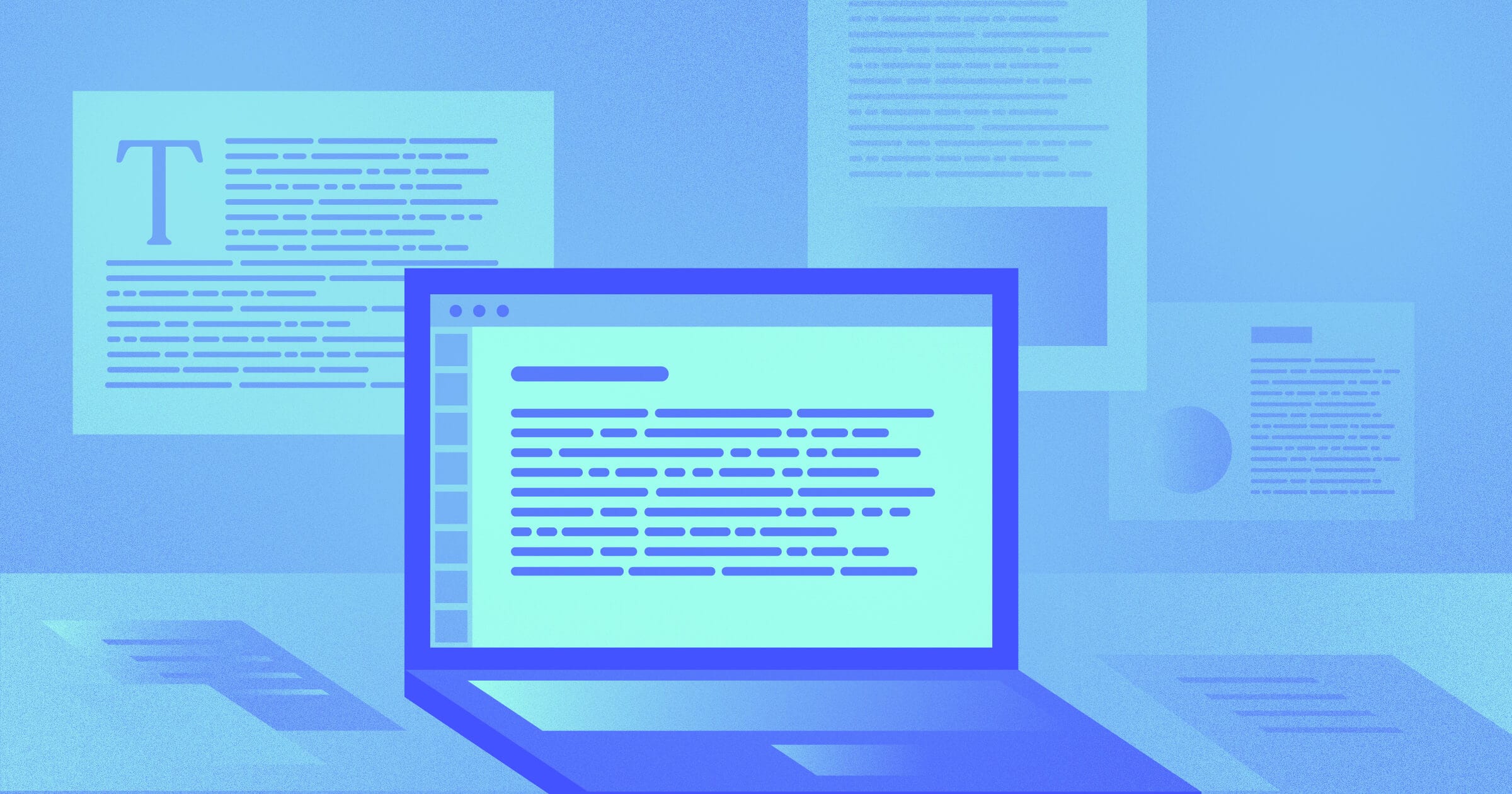You're the creative type. You crank out gorgeous and intuitive designs, you can build a great website, maybe you even write microcopy like a champ — but can you manage a business?
As a freelancer, you need much more than creativity. You also need to become an administrator, chief marketing officer, and financial planner. This might mean outsourcing or subcontracting some tasks, but for the most part, making sure your freelance career blooms is on you. And you alone.
Well, not entirely alone. Because we’ve got some tips for managing your freelance business, plus some great resources to help you learn the ropes.
Communication is key
I remind myself every morning: Nothing I say this day will teach me anything. So if I'm going to learn, I must do it by listening.
–Larry King
Freelancers work with a lot of clients. That means communicating with many different people, each with their own communication style. You need to be able to rapidly adapt to different situations, remain clear on the goals and scope of a project, and ensure that the final project deliverable meets your client’s standards.
One of the most valuable communication tools for both client and freelancer is a contract that defines:
- Project scope
- Payment schedule
- Any legal clarifications required
It’s far better to have clearly established rules before you start working on a project. After all, you never know what issues you’ll face when dealing with a client or trying to get paid, so a contract is crucial.
After you’ve both signed the contract, though, the communication process isn’t over. In fact, it’s only just begun.
Throughout the course of a project, you may have questions on aspects of the project — don't hesitate to ask. Again, it’s better to clarify an issue early, rather than to guess and then deliver something your client doesn’t want.
The key is to strike a balance between communicating well and communicating sparingly. If you're emailing and calling your client every few hours, they may start to feel like they should’ve run the project themselves or done it in-house. And that, of course, means less work for you.
All else being equal, a freelancer who communicates well will always beat out one who can’t.
Communicating well also minimizes the chances of a dispute, which usually happen over money...



















The missing guide to the freelance designer's life is here
Learn everything you need to know about making the leap to freelancing, from how to find clients to how to price your services.
How to get paid
F*ck you, pay me
–Mike Monteiro
First, as noted above, make sure you have a contract.
Your contract should always include your rate of pay and the terms of its delivery, be it hourly, flat, incremental, or otherwise.
These are all terms that you and your client must work out in advance and agree to in writing. They’ll depend on the type of work you’re doing — whether it's a 6-month long project or a 500-word blog post — but you should know in advance how, how much, and when you’ll get paid.
Non-payment is one of the biggest issues freelancers face, and it can be crippling not only to your business, but also to your self-esteem. It’s such a big issue, in fact, that the New York City Council just unanimously passed a first-of-its-kind Freelance Isn’t Free Act.
After you’ve finished a project, be sure to invoice promptly and to include all relevant information, including:
- The date you expect payment (which should just be a reminder of what the contract spelled out)
- The forms of payment you accept
- The name and spelling of the person or entity a check should be made out to
- Your contact information
- A detailed description of what the invoice is for
Fairness, of course, goes both ways. Just as you expect prompt payment, your client expects you not to add unexpected charges to their bill. Unexpected charges will not only lower your chances of getting paid, but also lower your chances of getting more work from that client, and it might hurt your reputation. Treat others fairly, and they’ll usually return the favor.
There are also great tools like Webflow’s Client Billing, which automates the billing process, saving you time to focus on your projects.
Now that you've got your cash flow issues handled, it's time to think about one of the most headache-inducing aspect of freelancing: taxes.
Managing your taxes, income, and expenses
The avoidance of taxes is the only intellectual pursuit that still carries any reward.
–John Maynard Keynes
If you are coming to freelancing from a more traditional career, you're probably used to a relatively simple process for filing taxes: Once a year, you gather up your W-2(s) and file. You may keep track of mileage and some expenses, but things are usually pretty straightforward.
But as a freelancer, you’re the owner of your own business, even if it’s simply a sole proprietorship.
That means you should track everything, including:
- How and when you’re paid
- All legitimate deductible expenses
- Receipts for work-related equipment, trips, conferences, and/or lunches you covered for prospective clients
You’ll also be filing taxes quarterly.
All of which means that, as a freelancer, it pays to have an accountant, or to use a great freelance automation service like AND CO, which offers helpful and easy-to-access direction as you work to keep yourself organized.
There's a lot to learn about the business side of a freelance career—especially if you’re a one-person operation. If you’re interested in taking the leap, whether full-time or only occasionally, consider all of the info above just a starting point.
Which brings us to those resources we mentioned earlier.
Resources for freelancers
The Freelancers Union blog offers a wealth of information for freelancers of any type. Be sure to check out their “7 tax tips for first-time freelancers,” or, for a much deeper dive into the world of freelancing, their massive, aptly-titled book, The Freelancer's Bible.
For a more succinct, but equally valuable, look at the freelance life, check out Welcome to Your Independence, a freelance handbook by AND CO.
Freelance writers in particular can learn a lot from Write Naked, a blog managed by freelance writer Tara Lynne Groth.
Finally, Breaking the Time Barrier: How to Unlock Your True Earning Potential by Mike McDerment and Donald Cowper is a free ebook that any freelancer interested in how to negotiate rates should read.
Related reads: 15 best freelance websites to find work on











.jpeg)




















